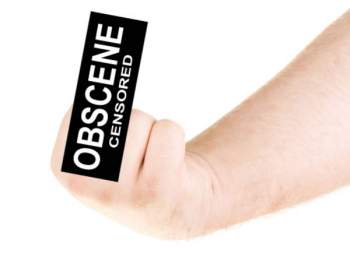
Roth v. United States

The Background of Roth v. United States
Roth v. United States was a landmark case heard before the United States Supreme Court. In Roth v. United States, the United States Supreme Court redefined the United States Constitutional test that was used to determine what constitutes obscene material that was left unprotected by the First Amendment.
Samuel Roth ran a literary business in New York City and was convicted under a federal statute for sending obscene, lewd, or filthy materials through the mail for advertising a publication titled American Aphrodite.
Roth v. United States Trial:
Roth v. United States was decided as a 6-3 decision; the Court defined obscenity as material whose “dominant theme taken as a whole appeals to the prurient interest” to the “average person, applying contemporary community standards.” Only material that meets this test could be labeled and subsequently banned as being “obscene.”
In 1973, in the Supreme Court Case Miller v. California, a five-person majority agreed on the creation of a test for determining constitutionally unprotected obscenity—this test effectively superseded the Roth test.
The Case Profile of Roth v. United States
The following is a case profile of the legal trial eponymously titled ‘Roth v. United States’:
Date of the Trial: Roth v. United States was argued on April 22 1957.
Legal Classification: Administrative Law; this legal field associated with events and circumstances in which the Federal Government of the United States engages its citizens, including the administration of government programs, the creation of agencies, and the establishment of a legal, regulatory federal standard
United States Reports Case Number: 354 U.S. 476
Date of the Delivery of the Verdict: Roth v. United States was decided on June 24, 1957
Legal Venue of Roth v. United States: The United States Supreme Court
Judicial Officer Responsible for Ruling: Chief Justice Earl Warren
Verdict Delivered: In Roth v. United States the courts stated that obscenity is not protected by the First Amendment. In addition to this ruling, the United States Supreme Court created a test that would more accurately and strictly define “obscene materials.”
NEXT: Sacco and Vanzetti: Anarchists and Murderers





















